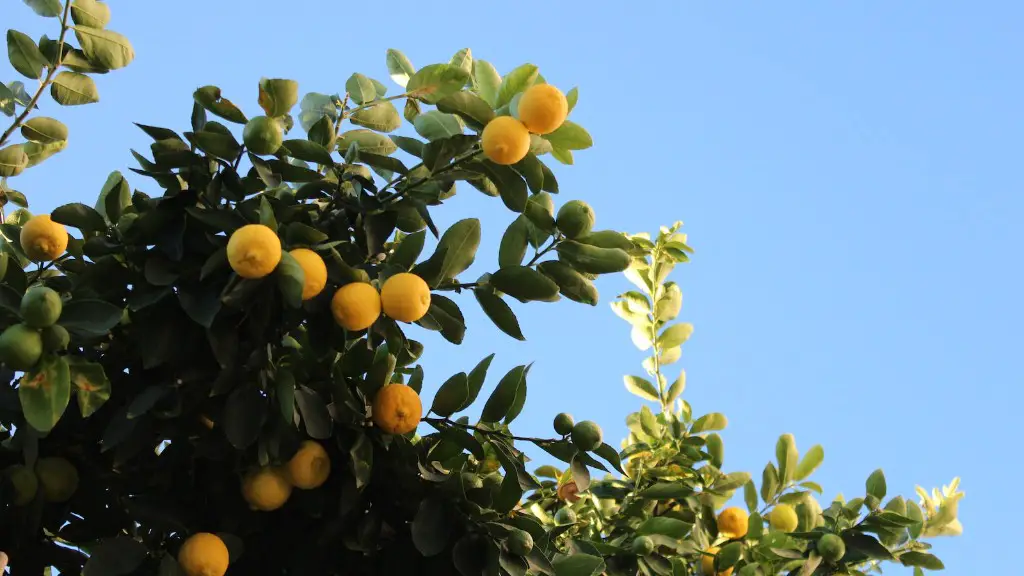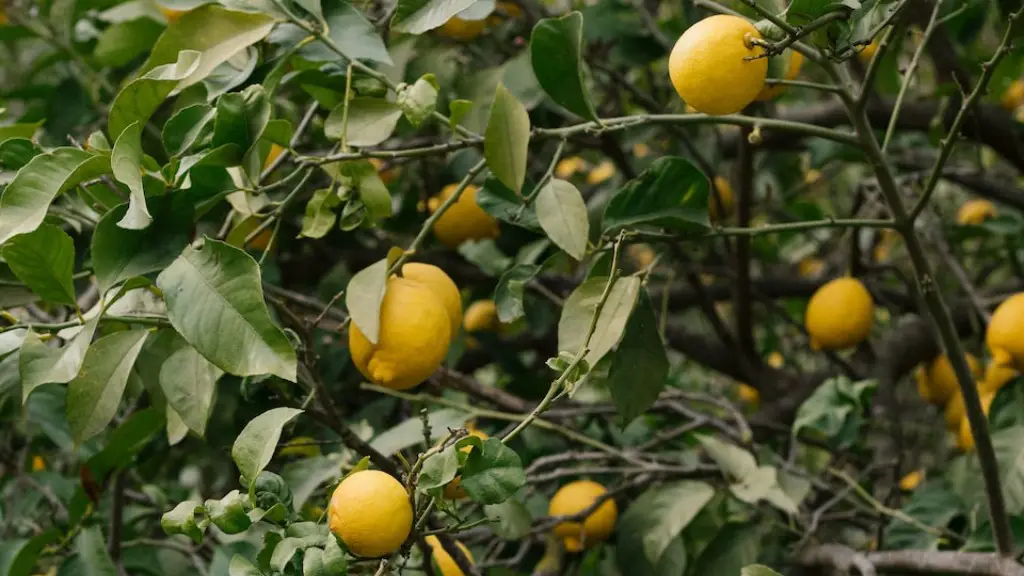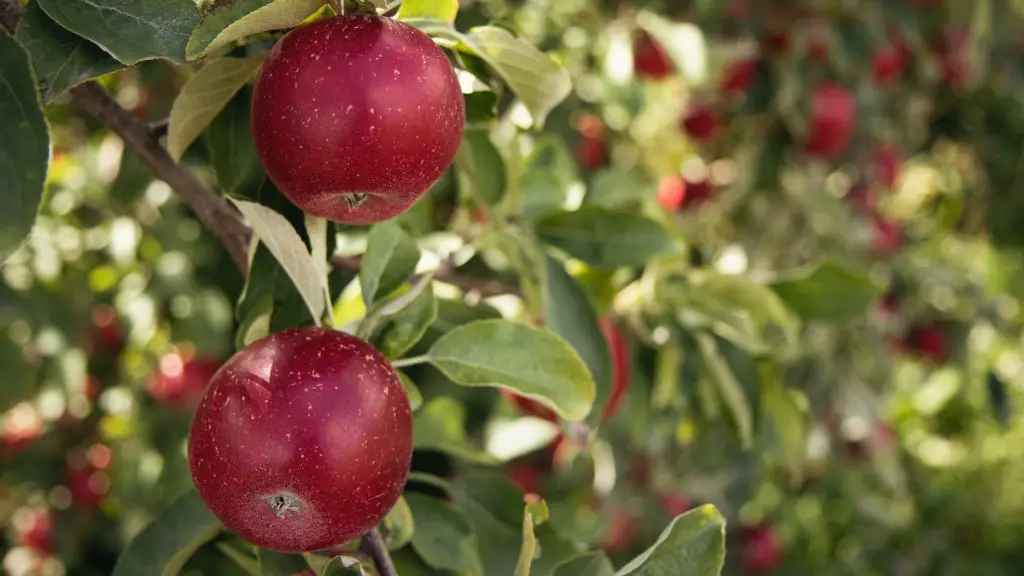Potted lemon trees require special care to thrive and produce the delicious, tart fruits for which the tree is known. Fertilizing these trees is essential to keep them healthy and promote growth, but it should be done correctly in order to avoid damaging them. Here’s how to fertilize a potted lemon tree so it produces a beautiful supply of lemons each season.
Before you start, it’s important to understand the type of potting soil your lemon tree is planted in. If it’s clay-based soil, you’ll need to mix in some organic material like compost or manure. For those with a soil heavier in sand, you’ll need to add a layer of mulch to keep the soil moist. Once you’ve determined your soil type, you’re ready to begin.
You’ll need a slow-release fertilizer to feed your lemon tree. It should have a high nitrogen content and be specifically made for citrus fruit. Before fertilizing, dig some holes around the base of the tree about half an inch in diameter and six to eight inches apart. This will help disperse the nutrients more evenly.
Next, apply the fertilizer around the tree. Start by applying a half handful to the soil around the trunk and spread it safely out to the drip line of the tree. Once you’re finished, cover it with a layer of mulch. This will retain moisture and keep the fertilizer in place better.
Now, fill up the holes you dug with water. This will get the soil saturated with the fertilizer and work the nutrients into the deeper layers of soil. After that’s done, you can add a layer of phosphorous fertilizer around the root area. This will provide a longer-term boost for your lemon tree and help it produce more delicious fruit.
Finally, make sure to keep an eye on your lemon tree’s needs. During the summer months, it’ll require more water than usual and may need to be fertilized two to three times a year. To ensure a healthy, steady supply of lemons, you’ll need to monitor your tree and adjust fertilizing as needed.
Balancing Nutrients
Lemon trees need a balanced set of nutrients to be healthy and remain productive. Without certain key nutrients such as nitrogen, phosphorous and potassium, your tree won’t be able to absorb water and nutrients and will be unable to retain them in the soil. To increase nutrient retention, use a balanced slow-release fertilizer with a higher nitrogen and potassium concentration. This will help regulate the nutrients in your soil and keep your tree vigorous and healthy for years to come.
Soil Testing
Testing the soil of your lemon tree can help you determine what type of fertilizer to use. To do this, you’ll need a soil testing kit and access to a lab that can perform the tests. These tests will tell you the levels of various nutrients and minerals in the soil and help you decide which fertilizers and amendments you’ll need for optimal results.
Pruning and Deadheading
Regular pruning and deadheading of unproductive and diseased limbs can help promote healthy growth, especially in heavily-fertilized trees. Pruning will help your tree focus on producing quality fruit and flowers and keep it looking healthy and attractive. When pruning, be careful not to damage the tree’s roots. Removing excessive dead leaves is also important, as it will allow more light and fresh air to reach the roots of your lemon tree.
Avoiding Over-Fertilization
While fertilizing is an important part of keeping your lemon tree healthy, it’s important to avoid over-fertilizing your tree. Too much fertilizer can harm the roots and cause them to rot, leading to poor growth and even death. As a rule of thumb, use one-half the recommended fertilizer rate for your particular tree and gradually increase if needed. Also, never fertilize a dry tree – always give it a good drink of water first.
Nutrient Enhancers
Nutrient enhancers can help you maximize the nutrition your lemon tree receives. These products are used to improve the quality of the soil and increase the soil’s ability to absorb nutrients. Common enhancers include humic acid, seaweed extract and magnesium sulfate. These enhancers can also be used to help gently flush nutrients out of the soil if you’ve over-fertilized your tree.
Protecting Against Insects and Disease
Your lemon tree may be at risk of being infested by insects and damaged by disease, especially if it’s planted in a potting mix with a high organic content. To protect against this, use neem oil or insecticidal soap to keep insect pests at bay and prune away any diseased or dead limbs to reduce the spread of disease. Check your tree regularly for signs of pests and diseases and take any necessary steps to treat them.



